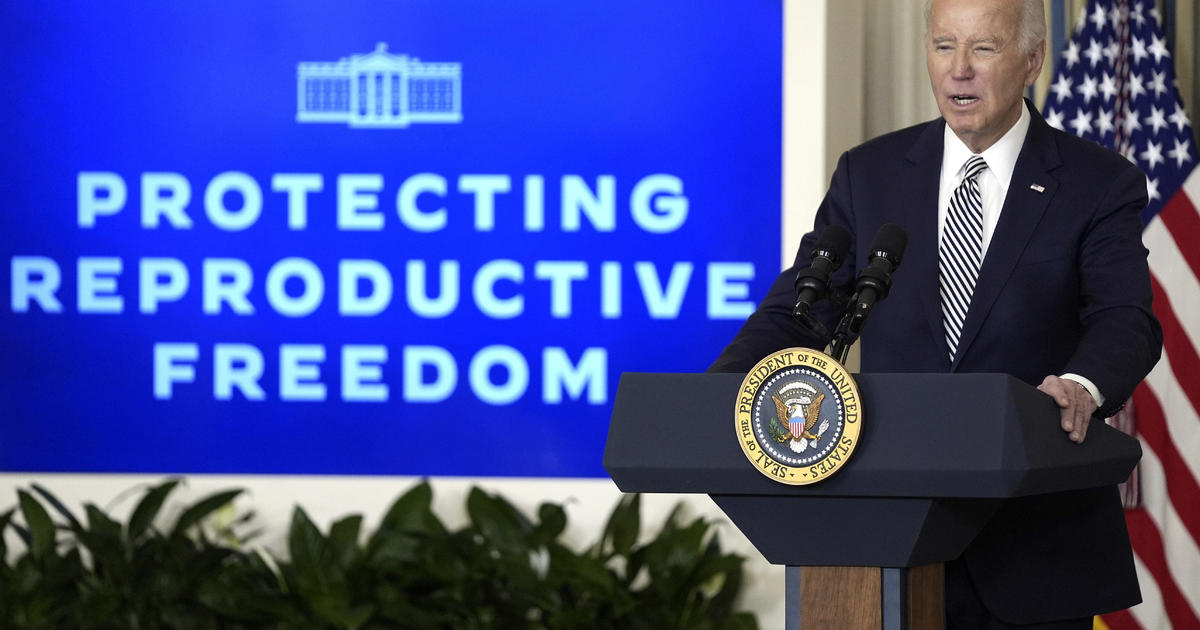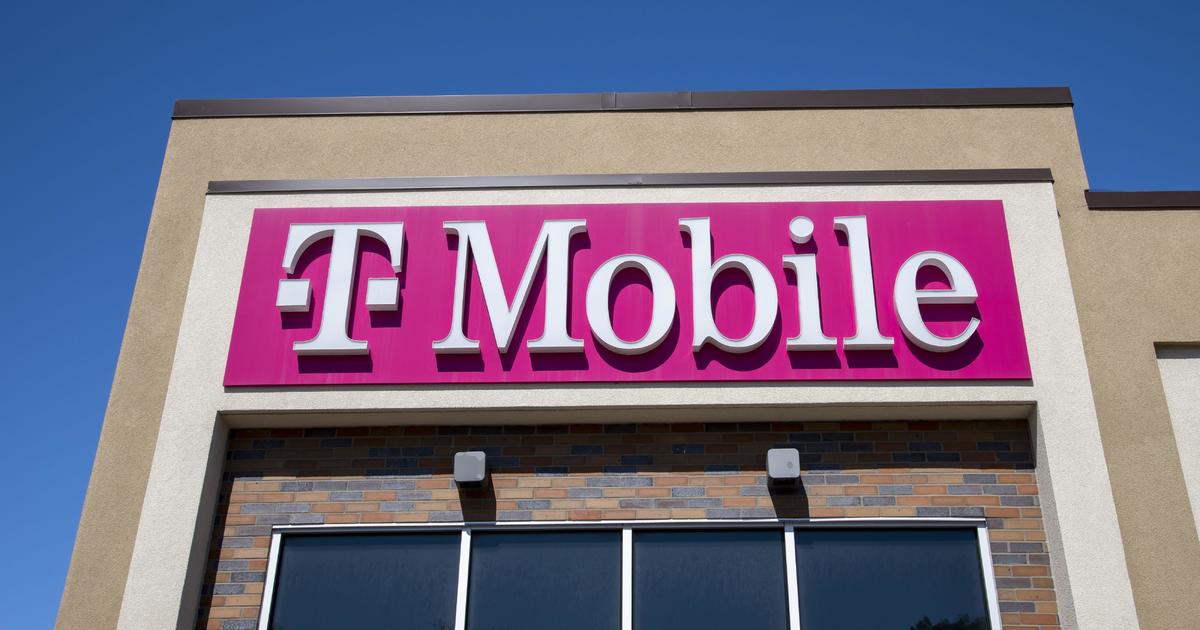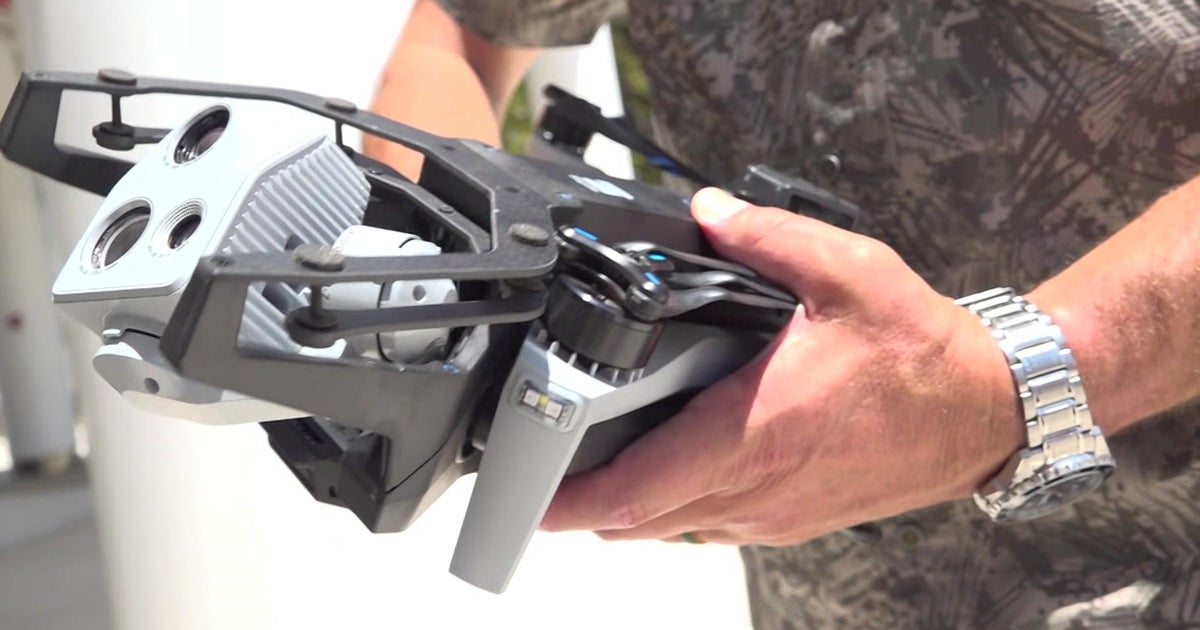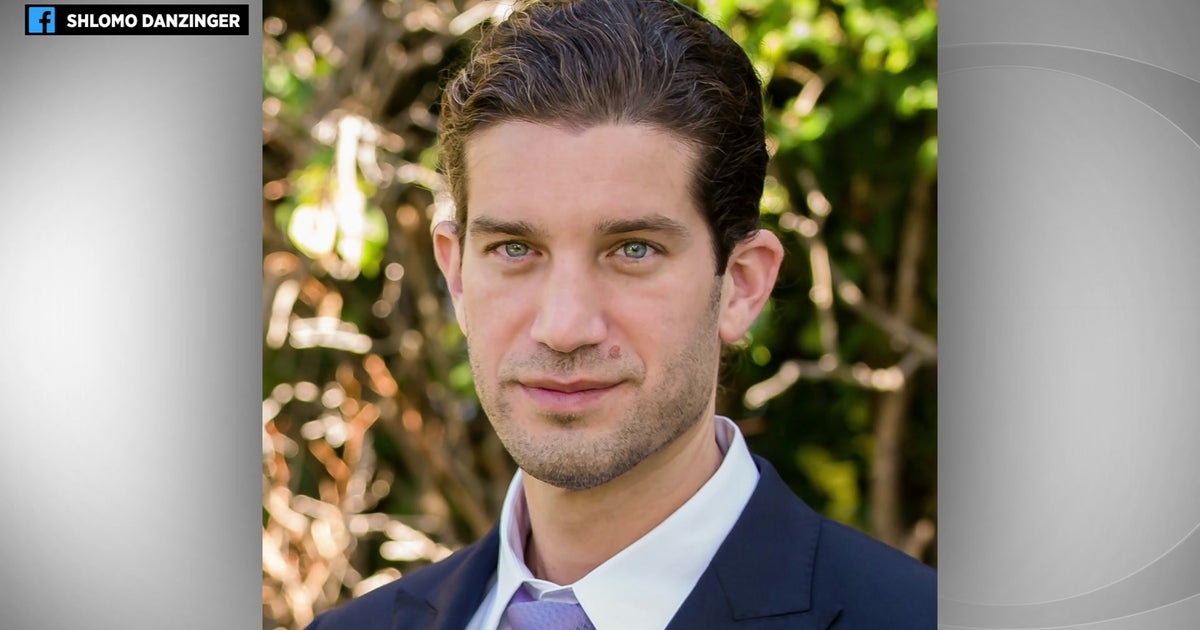Top White House Economist Predicts Rubio Will Come Around On Tax Bill
Follow CBSMIAMI.COM: Facebook | Twitter
WASHINGTON, D.C. (CNN) -- President Donald Trump's top economic adviser said Thursday night he's confident Republican Sen. Marco Rubio will ultimately be a "yes" on the GOP tax bill despite the senator's threat to vote against the legislation unless there is a more generous child tax credit -- a threat that could leave Senate Republicans with no room for error with their slim 52-48 majority.
"I've been pretty consistent in my communications on this issue and that is I want us to see the refundable portion of the child tax credit increased from its current number," Rubio told reporters earlier in the day on Capitol Hill. "If it stays at $1,100, I'm a 'no.' Let's hope it doesn't."
During an interview on CNN's "Erin Burnett OutFront," White House Council of Economic Advisers Chairman Kevin Hassett said Rubio's concern is "something that the people in the Senate will have to work out with Sen. Rubio."
He went on to predict that there would be an agreement and cautioned, "I don't think anyone thinks Rubio is going to hold up this bill."
However, Hassett tried to walk a fine line, defending the current child tax credit proposal without criticizing Rubio.
"It's very generous right now and I don't think it needs to be expanded. I don't think anyone in the White House does," Hassett said. "But we respect Sen. Rubio and the process."
A major aspect of the tax bill is that it lowers the corporate tax rate from 35% to 21%, with the goal of allowing US companies to keep their money in the country. Hassett said there is no way to force companies to put that money toward higher wages, but said he remains optimistic about its impact.
"We can't make them do that," he said. "You know, it's a free economy and we're a democracy, but what we can do is give them the incentives to do the right thing. And what we've done right now is give them an incentive to locate factories here in the US."
"We're not going to get every little bit of economic activity by US multinationals to locate in the US," he continued. "But there's going to be a heck of a lot more of it. And I think that the 15% reduction in the cost of capital should lead ultimately to about a 15% increase in the capital formation here in the US, so that's a heck of a lot of GDP."
The tax bill also does not close the loophole for carried interest, something Trump promised to do repeatedly as a candidate. Asked why Trump had broken a campaign promise, Hassett said he was not doing so.
"I don't think the President is breaking his promise, but this is not a dictatorship, it's a democracy," he said. "There are a lot of things that we in the White House would have liked to have seen in the bill that we understand in the Democratic process we can't have exactly our way."
Hassett added that if the House and Senate both pass the final version of the tax bill it will be "one of the biggest moments in economic policy in the last 50 years."
(©2017 Cable News Network, Inc., a Time Warner Company. All rights reserved.)



